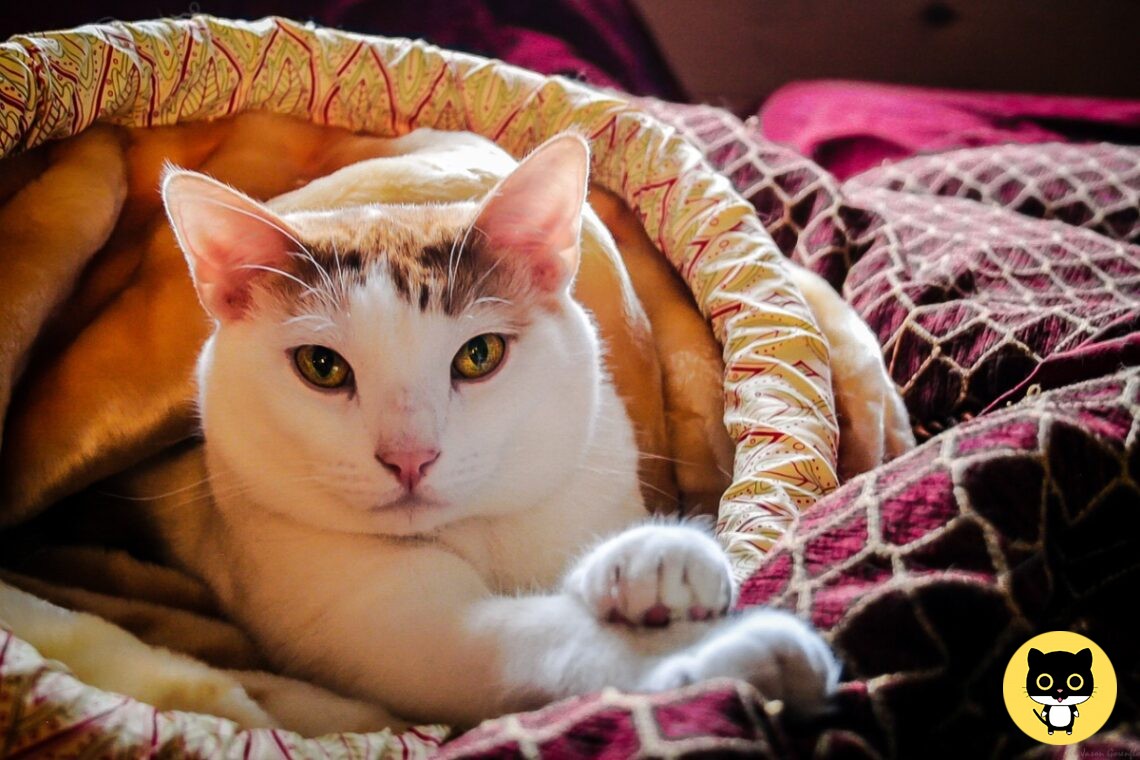If you’ve ever heard an adult cat purr, you know that it’s a sound that’s hard to describe. It’s almost like a sigh or a whistle at first, but as the purr gets deeper and more musical, it morphs into something else. It can be relaxing and even invigorating, depending on the circumstances.
While most people consider the purr of an adult cat to be some form of felinity — a positive state in which all cats are found — science does not agree. Not all cats purr. In fact, the cats that can roar cannot purr, and vice versa. This is due to a small bone found inside the vocal cords. In domestic cats (and some wild cats) this bone is hard, allowing them to purr. While in lions and other cats that can roar, this bone is more flexible, allowing a deeper louder sound.
When purring, cats vibrates the air over the laryngeal muscles of their larynx when they breathe; or put differently, they rapidly and rhythmically dilate and constrict the area around their vocal cords (the glottis).
Why Do Cats Purr?
There isn’t a clear-cut answer to that question. Many experts are of the opinion that the “why” behind the purr of an individual cat is determined by a combination of things, including genetics, experience, and how the cat is feeling at the time. Thus, there are plenty of reasons why your cat might purr. Purring is one of the most important languages a cat can speak. Therefore, to tell why your cat is purring your best chance is to look at its body language and the context:
As a Sign of Pleasure
If your cat is purring, it’s probably not because it is sick. Instead, it could be a sign that it has everything it needs or wants, and it is just purring to let you know.
Saying Please Continue
Observations suggest that cats try to encourage further interaction when they enjoy it. This may in part explain why cats often purr when humans stroke them; somewhat falsely creating our association between purring and pleasure (the cat can experience pleasure without purring). The cat is saying “I like this, please continue”.
To Ease Stress
Cats are social animals, and when things are not going well in their lives, they often withdraw into themselves and use purring as a way to let themselves know they’re safe, secure, and happy, i.e. self-soothing. This can explain why cats may purr after something stressful.
To Ease Pain and Heal Faster
Research has found that domestic cats as well as some species of big cats can purr at frequencies ideal for for pain relief and even bone repair. This can explain why cats may purr if they are injured.
A Concealed Cry
Research has found that cats can hide a cry within their purr, triggering a nurturing response in their owners (as when human babies cry) suggesting that they manipulate their purrs to change its meaning.
Saying Please feed me
Drawing on the “concealed cry” above, if the cat is purring first thing in the morning, it may be asking to be fed. Research has found that when purring to solicit food, the purr cats made was more urgent and less pleasant. Moreover, kittens are born blind and deaf and stay so for about 14 days, but they begin purring much faster, after just a few days. Purring becomes a way to let their mothers know where they are at feeding time and this behavior is exhibited adults cats too, purring at dinner time.
Signaling Approval
If you have been away all day and you return, the cat may say hello and signal its approval of you being back by getting close to you while purring.
Bonding
A stranger and guest at your house may pet your cat; creating a combination of a little bit of stress, approval, pleasure and please continue – which can be summarized as “I am getting to know you and trust you a bit”, i.e. “we are bonding”.
Feeling threatened
Another reason why your cat may purr is if it feels threatened by another cat.
Do you have any other interpretations you would like to add? Please register to leave a reply below and post in the Forums.



